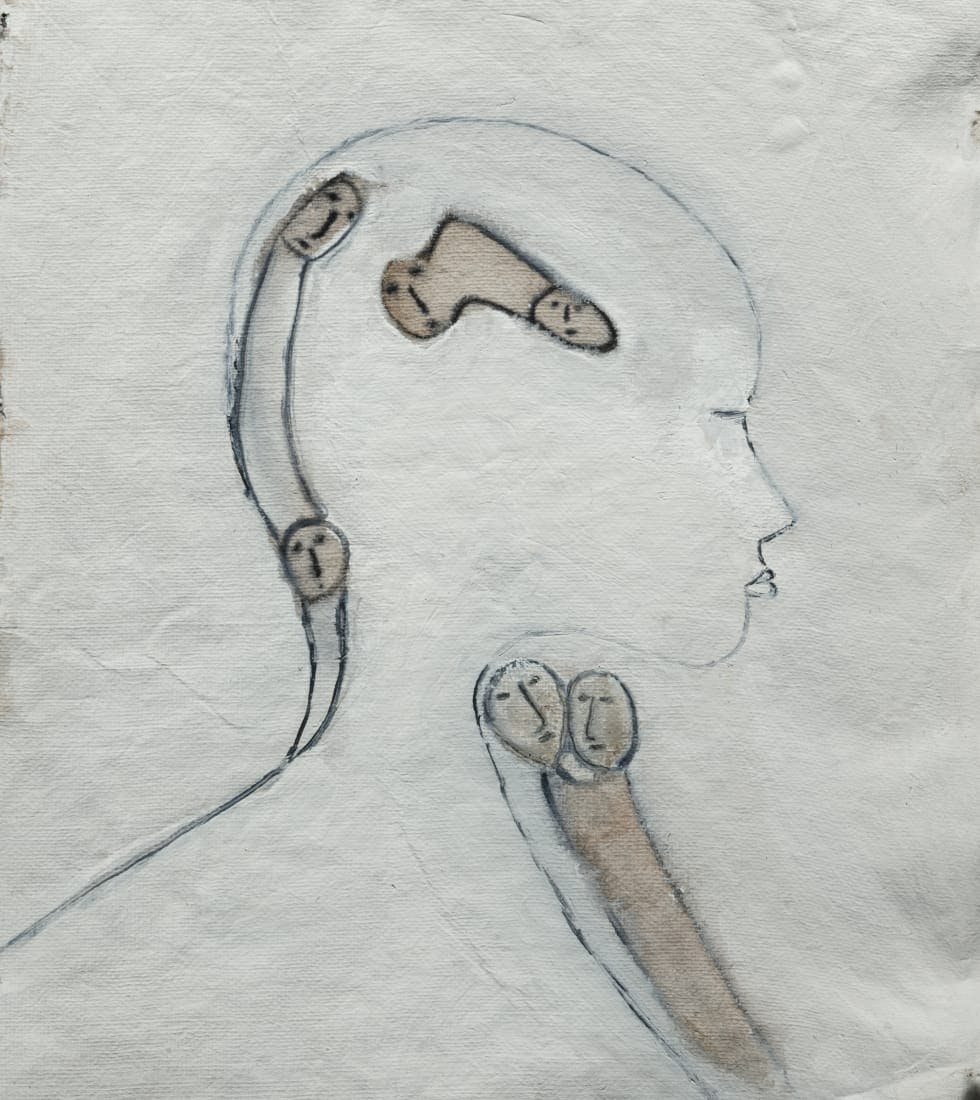Biological age testing, also known as biometric age assessment, or longevity testing, is an innovative approach to understanding the aging process at a cellular level. In partnership with the London Regenerative Institute, FACES+’s Dr. Steven R. Cohen uses data-driven evidence to find the unique answers his patients are looking for.
What is Longevity Testing?
Dr. Steven Cohen and his team at FACES+ are dedicated to helping you achieve optimal health, vitality, and longevity through the latest advancements in biological age testing. Pioneered by anti-aging scientists and medical professionals, biological age testing is a new approach that provides insight into the true state of our aging process. It involves non-invasive procedures where samples are collected and analyzed in a laboratory. By utilizing advanced epigenetic clocks and other sophisticated technologies, we can accurately measure the rate at which a patient’s body is aging and compare it to their chronological age. This information can be invaluable in tailoring interventions that address specific areas of concern.
Understanding your biological age can empower you to make informed decisions about your health and well-being.










